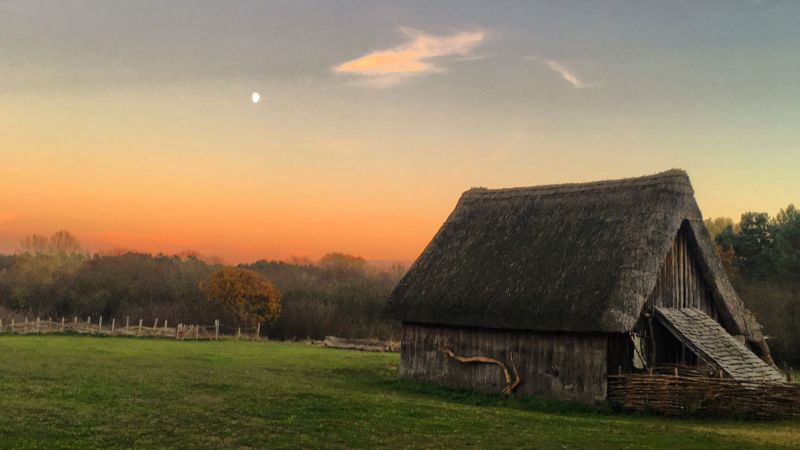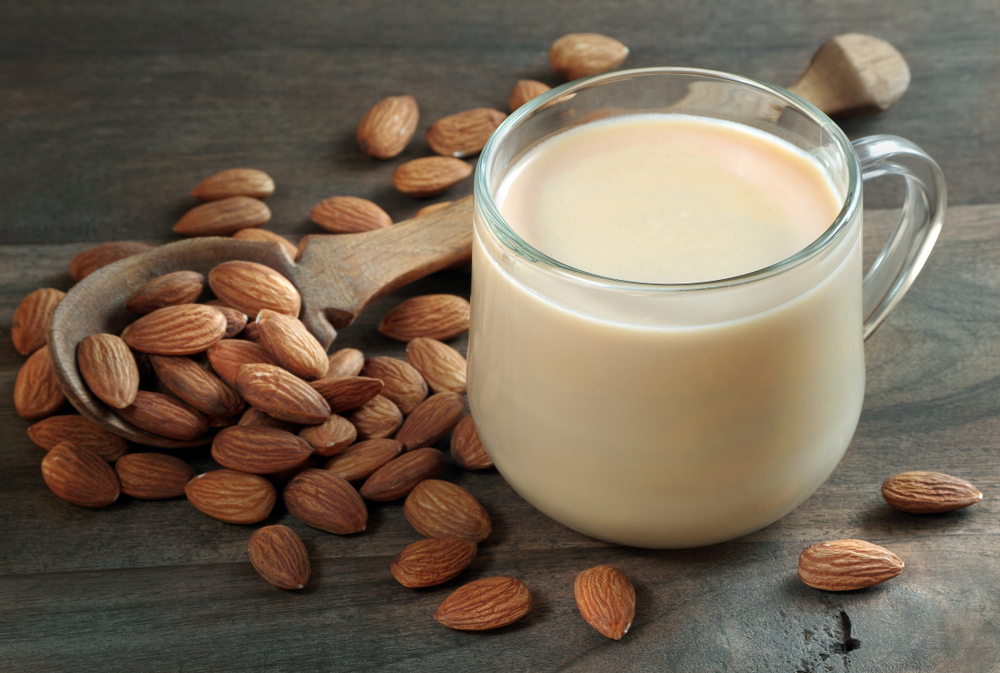(CNN)Meat-heavy banquets have long been thought to be a common feature of early medieval life for England's kings and nobles, who are often depicted feasting on legs of animal flesh and knocking back goblets of ale in the great halls of their realm.
However, a new study that examined the dietary signatures contained in bones of more than 2,000 skeletons has cast doubt on this assumption, finding that most Anglo-Saxons ate a diet rich in cereals and vegetables and low in animal protein -- no matter what their social status.
The majority of what these people were eating had to be mostly plant based with a small amount of animal protein. There were some people who fell in the zone of a modern vegan," she said, adding that most of the people studied would have been equivalent in today's terms to vegetarians, who eat eggs and dairy.

 www.cnn.com
www.cnn.com
However, a new study that examined the dietary signatures contained in bones of more than 2,000 skeletons has cast doubt on this assumption, finding that most Anglo-Saxons ate a diet rich in cereals and vegetables and low in animal protein -- no matter what their social status.
The majority of what these people were eating had to be mostly plant based with a small amount of animal protein. There were some people who fell in the zone of a modern vegan," she said, adding that most of the people studied would have been equivalent in today's terms to vegetarians, who eat eggs and dairy.

Medieval feasts looked very different from what pop culture might suggest, study says | CNN
Meat-heavy banquets have long been thought to be a common feature of early medieval life for England's kings and nobles, who feasted on legs of animal flesh and knocked back goblets of ale in the great halls of their realm.


